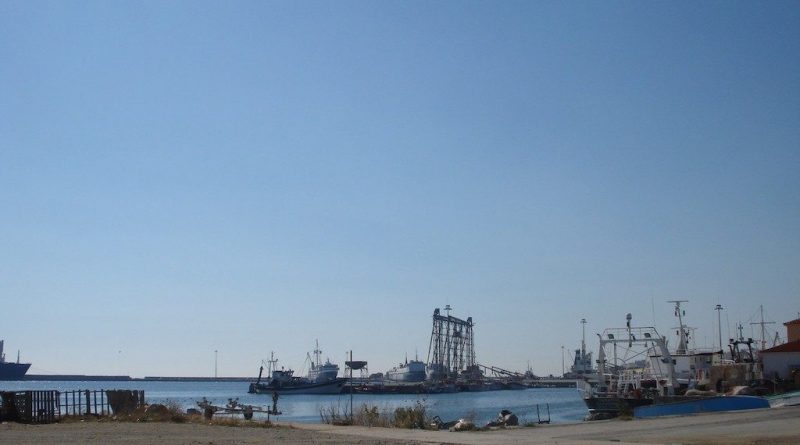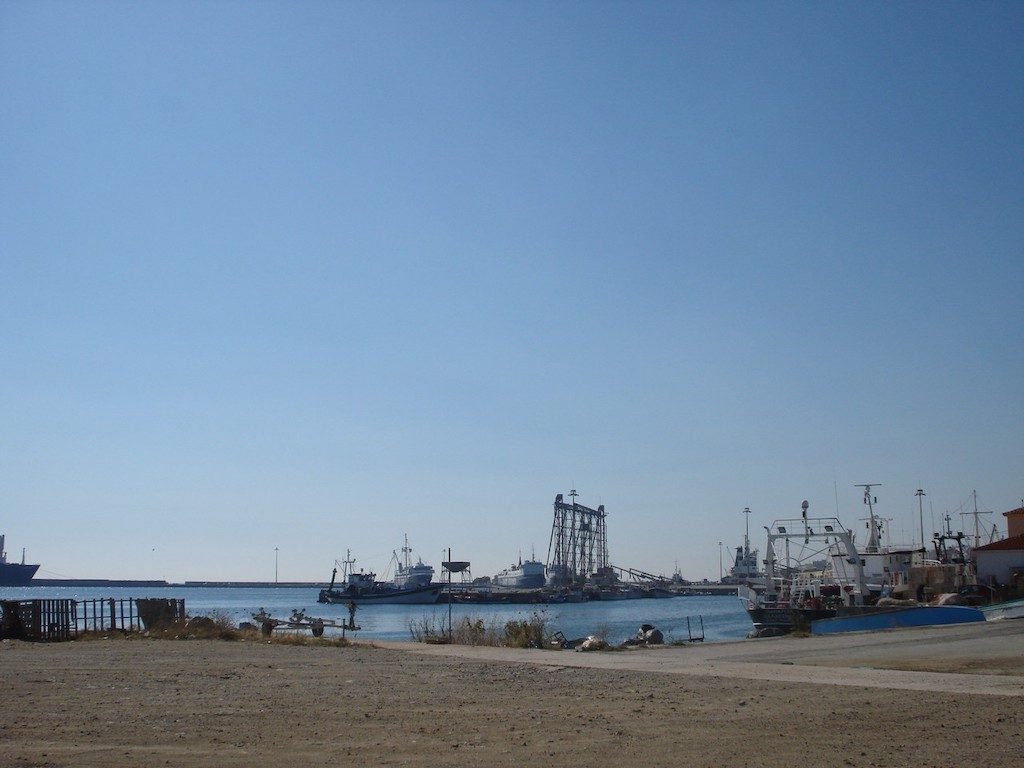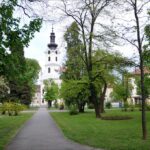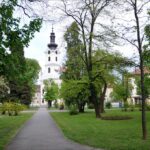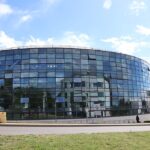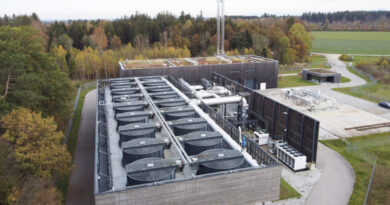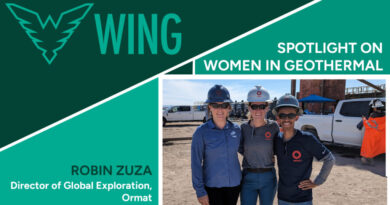EU-funded project to develop geothermal district heating in Greece
Energy Disrupter
The seaside city of Alexandroupolis in Greece is working on a geothermal district heating system funded by the IRIS Smart Cities project under EU Horizon 2020 funding.
Under a project funded by the EU Horizon 2020 program, the seaside municipality of Alexandroupolis in Greece has been working on utilising geothermal resources near the city to provide sustainable heating.
The Antheia-Aristino low-enthalpy geothermal field is considered as one the most important geothermal fields located in Greece, mainly due to the availability of geothermal fluid of more than 90 degrees Celsius temperature and its potential for exploitation.
Tapping the geothermal resources nearby is an important objective of Alexandroupolis in its strategic plan towards a resilient low-carbon local economy. This beautiful seaside city is working with a network of smart and sustainable cities (including Gothenburg, Utrecht & Nice) to accelerate deployment and improve performance as part of their work in IRIS Smart Cities.
The investment for the construction of the geothermal district heating network amounted to EUR 6.2 million. The project was eligible for funding by the ERDF Regional Operational Programme 2014-2020 of Region of East Macedonia and Thrace, which financed 95,31% of it. The remaining 4,69% was invested by Municipality’s own capital.
To secure the exploitation permit for the geothermal field was a rather long journey for Alexandroupolis. The project includes the development of a geothermal district heating network that will provide heat for municipal buildings, social housing and greenhouses with a total thermal power estimated at 10 ?W. It is considered as the first step of the exploitation of the available geothermal energy since the Municipality aims to expand the geothermal district heating network to residential buildings and potential industrial consumers. The project is expected to be implemented and completed within the next 18 months, so by mid/ late 2022, the project could be operational.
Working within IRIS, Alexandroupolis and other fellow cities have identified extensive insights on barriers and drivers in flexible energy management and storage as part of the “Replication Roadmap”. This was developed as part of the project to benefit from in-depth peer-2-peer exchanges with frontrunner cities.
The lessons learned during the development of the project highlight the increased effort and time required for completing studies and licensing. Accounting for time and expenses in licensing is an important point to raise when considering the replicability of geothermal projects in other regions and cities.
Source: Celsius City




